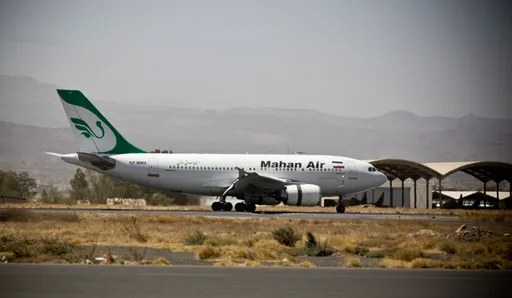The campaign is part of the ‘This is Belonging’ series, which previously stirred rampant criticism across the country for veering to a ‘softer,’ politically-correct composition in 2017. This was done by again targeting groups that have traditionally not been part of the army’s makeup, such as Muslims and other marginalized groups.
These are not the kind of recruitment adverts most people would probably expect from the army which is actively dispelling stereotypes surrounding the military. This is through recruitment campaigns that emphasize emotions over physicality, adventure, and the usual images of military warfare.
The new campaign uses the 1914 Lord Kitchener Wants You template, adapted,” today’s younger generations made up by “me, me, me, millennials,” “binge gamers”, “class clowns,” “phone zombies, “selfie addicts,” and “snowflakes.”
This is not the first time the army has used tactical recruitment strategies; for example, young people on social media were met with a barrage of ads last year that depicted the army as a viable option for them if they underperformed in their exams. This capitalised on the stressful exam period students were undergoing and would seem appealing to those who perhaps did not see a future for themselves in education.
The armed forces repetitively adopt deliberate and calculated language in recruitment campaigns appealing to minority groups in order to market an unrealistic and romantic idea of life in the army, playing on fulfilling lexicon (“Be the Best,” “It’s a State of Mind”). However, Defence Secretary, Gavin Williamson recently curbed a proposal to revamp the army’s recruitment efforts which would have included abandoning its slogan “Be the Best.”
“What if I get emotional?" and "Do I have to be a superhero?" were some of the taglines the adverts used in order to appeal to a demographic that the army has lacked in.
While the military service campaigns attempt to promote inclusivity, they also lack an understanding of those they seek to target. For example, in one advert, a Muslim soldier is seen explaining how the army has allowed him to practice his faith by showing him praying whilst on duty.
However, strategies like Prevent in UK universities that indiscriminately target Muslims, or the decades-long military presence in Muslim majority countries are all issues that Muslims are unlikely to forget when watching these ads.
Demonising, as well as creating a supposed open space for Muslims, to join the army and practice their faith freely, is contradictory and fails to mask the real reason behind the ads which are to fuel military manpower.
According to a National Audit Office (NAO) report, UK armed forces have fallen short of filling its recruits by 8,200 military personnel - the largest gap in a decade - and the NAO states will unlikely be filled within the next five years.
According to Colonel Kemp, the former commander of the British forces in Afghanistan, the adverts are more concerned with filling their quota instead of filling “the army with people who want to fight.” One veteran deemed the recruitment campaign “desperate.” “Times are hard but if you’re that desperate consider taking some of us battle wounded back. There's a lot of us who are still fit enough,” he commented.
Author and academic, Michael Ignatieff, has identified national identity as a continual contest of who belongs to the national “we.” Serving a country’s military is fundamentally motivated by patriotism and a sense of belonging to one’s country. The development of new identities in the post-Brexit era indicates that what it means to be a British citizen will need to be redefined.
This year’s campaign, reportedly costing £1.5m, also reflects the army’s ambition to appeal to foreign nationals. The Ministry of Defence announced in November 2018 that it will no longer be a requirement for those joining the armed services from the Commonwealth countries to have lived in Britain for five years.
This new measure reflects the fact that its traditional cohort of white, male, 16-25 year olds is no longer viable, and with Brexit looming and the changes that will ensue, expansion of its demographic is necessary for its future.
According to a YouGov survey, results show that English pride in young people aged 18-24, accounted for 45% compared to 72% of older Britons which indicate how national pride is lacking in the younger British generation.
Within the context of looming Brexit, the army will be looking to bolster patriotism in young Britons where its definition is no longer as black and white as the type witnessed by the WWI and WWII generations.
Capita admits that it has underestimated the complexity of the project; perhaps recruitment campaigns will have to be a bit more imaginative. What seems to need more attention is that almost 50% of applicants drop out during the application process which can take up to 321 days before recruits can begin basic training; deterring potential soldiers from being able to fulfil their hopes and dreams.























